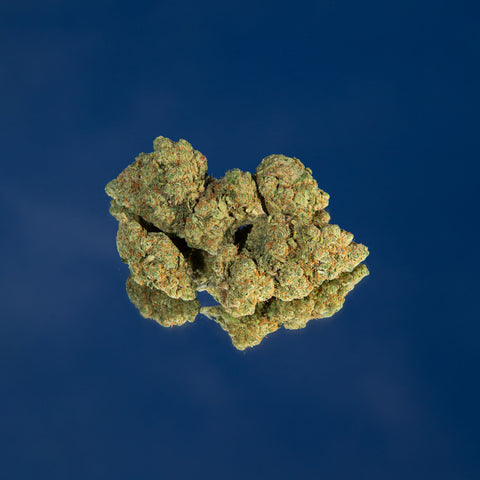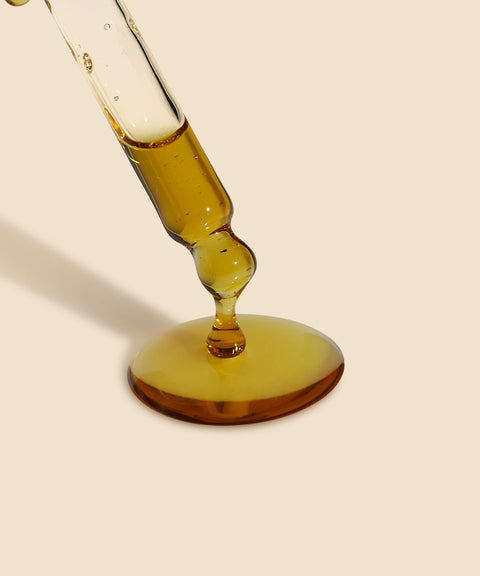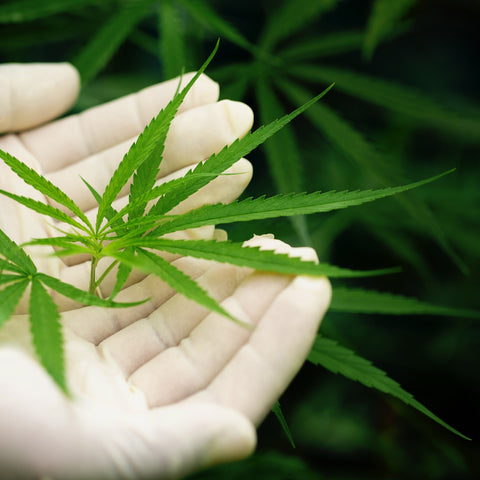The Legality of CBD: What You Need to Know to Stay Compliant
1) Why is the legality of CBD still a controversial issue?
Introduction to the confusion around CBD legality
Despite the growing interest and integration of CBD into everyday use, its legality remains complex and often confusing for many consumers. This uncertainty stems from the varying laws that regulate cannabis, particularly the distinction between marijuana and hemp, two plants from the same family but treated differently under the law.
Understanding CBD legality
The main issue for many consumers is understanding exactly which CBD products are legal and which are not. Confusion is fueled by the fact that laws can vary significantly from one country to another, or even from one state to another, making it difficult for consumers to know if they are abiding by the law.
Consequences of misunderstanding
This lack of clarity can lead to serious legal consequences for those who unknowingly purchase or use CBD products. The risk of facing fines, arrests, or other legal actions is a real concern for many, especially in areas where the legislation is less clear or more stringent.
2) What is the difference between marijuana and hemp, and why is it important?
The Cannabis Sativa family
To understand the legality of CBD, it is essential to know the difference between marijuana and hemp, both part of the Cannabis Sativa plant family. While they share many botanical characteristics, the main difference lies in their THC (tetrahydrocannabinol) content, the psychoactive compound responsible for the "high" effects associated with cannabis.
Key differences: THC vs. CBD
Marijuana tends to have significantly higher THC levels than hemp, making it subject to stricter regulations. Hemp, on the other hand, has a very low THC content, usually less than 0.3% by dry weight, but is rich in CBD (cannabidiol), a non-psychoactive compound with numerous therapeutic benefits.
Confusion between "marijuana" and "hemp"
Many people do not fully understand the distinction between marijuana and hemp, leading to misunderstandings about the legality of CBD products. Confusing the two can lead to significant legal risks, especially in jurisdictions where marijuana is still illegal.
Educating on the difference between marijuana and hemp
Clearly understanding these differences is crucial for avoiding legal issues. Consumers should thoroughly research the products they are purchasing and how they are regulated in their area of residence.
3) What does the 2018 Farm Bill mean for the legality of CBD?
The 2018 Farm Bill
In 2018, the U.S. Congress legalized hemp cultivation through the "Farm Bill," provided it contains 0.3% or less THC by dry weight. This law paved the way for the legal production and sale of hemp-derived CBD products in many parts of the United States.
Limitations and misunderstandings about the law
Despite the legalization of hemp, the 2018 law did not automatically make all CBD legal in every state or country. CBD regulation is still subject to various state and local laws, which can vary widely. This creates a legal gray area that can be difficult for consumers to navigate.
Knowing local and state laws
To ensure compliance, it is crucial for consumers to educate themselves on their state or country's specific CBD regulations. This includes knowing the rules on how CBD can be sold, purchased, and used.
4) What legal risks still exist for CBD consumers?
State and local regulations
Although federal law in the U.S. has legalized hemp, states and localities may have different regulations. In some states, CBD may be freely sold, while in others, it may only be available for medical use or outright banned.
Potential legal consequences
Purchasing or using CBD in states or countries where it is prohibited can lead to legal consequences, such as fines or criminal charges. Travelers should also be aware of CBD laws in their destinations, as carrying CBD in places where it is illegal can have serious repercussions.
Uncertainty about quality and sourcing
In addition to legal risks, there is uncertainty about the quality and sourcing of the CBD purchased. Unregulated products may contain more than the legal limit of THC or other impurities, endangering consumer safety and potentially leading to legal issues.
Buying from trusted sources
To mitigate these risks, it is advisable to purchase CBD products only from reputable retailers who strictly adhere to government regulations. Ensuring products are tested by independent labs for quality and legal compliance is a crucial step in protecting oneself from legal and health risks.
5) How does BLØM ensure compliance with CBD laws?
Strict adherence to government regulations
BLØM takes product legal compliance very seriously. All CBD products offered by BLØM are carefully monitored to ensure they comply with local, state, and federal regulations. This means that every product meets the legal THC limits and is produced according to strict quality standards.
Guaranteeing legality for consumers
Purchasing CBD products from BLØM means making a safe and legal choice. BLØM is committed to providing products that not only offer therapeutic benefits but are also fully legal and safe for consumption.
Concerns about product compliance
Not all CBD brands can guarantee the same level of legal compliance. The lack of transparency in CBD production and distribution can lead consumers to unknowingly violate the law.
Relying on trusted brands like BLØM
To avoid legal issues and ensure the use of safe products, consumers should choose brands that offer transparency and adhere to regulations. BLØM is an example of a company that places legal compliance and product quality at the center of its mission.




Comments (3)
abSQPFjnBsceY
QDhWzwSIuBvJTeN
kQEwIvam